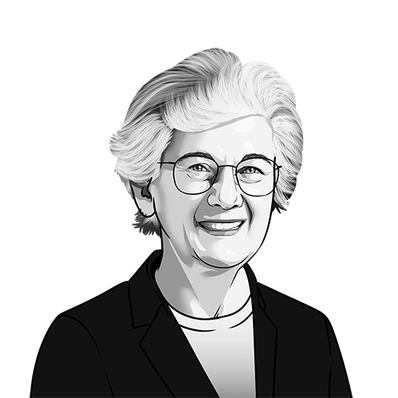Clean Water

UNICEF estimates that over 2.2 billion people worldwide do not have access to clean drinking water. Microorganisms are responsible for a host of waterborne diseases which cause unnecessary disease and death. Simultaneously, using microbes to our advantage can offer solutions in purifying water and improving sanitation. Ultimately, this will increase access to safe and affordable drinking water for all, whilst making hygiene practices more accessible for many people across the globe.
Biofertilisers offer promising ways to reduce nutrient runoff and enable wastewater recycling, supporting healthier ecosystems and more resilient water systems. By applying microbial science, applied microbiologists can help reduce waterborne diseases and advance progress towards clean water and sanitation for all, improving health and quality of life globally.
Access to clean water is fundamental for achieving gender equality, education, and economic development, as the burden of water collection often falls on women and children. Applied microbiology plays a vital role in advancing low-cost, scalable water treatment solutions, ensuring communities can sustainably manage their water resources while protecting health and supporting climate resilience.
Read the latest research on clean water from AMI’s journals here.
Clean Water Advisory Group Members
Ready to make an impact?
If you would like apply to be involved in an AMI Advisory Group, then please complete the form below. Alternatively, if you would like to more information, please get in touch with [email protected]
Applications to become an AMI Advisory Group member are currently closed.














